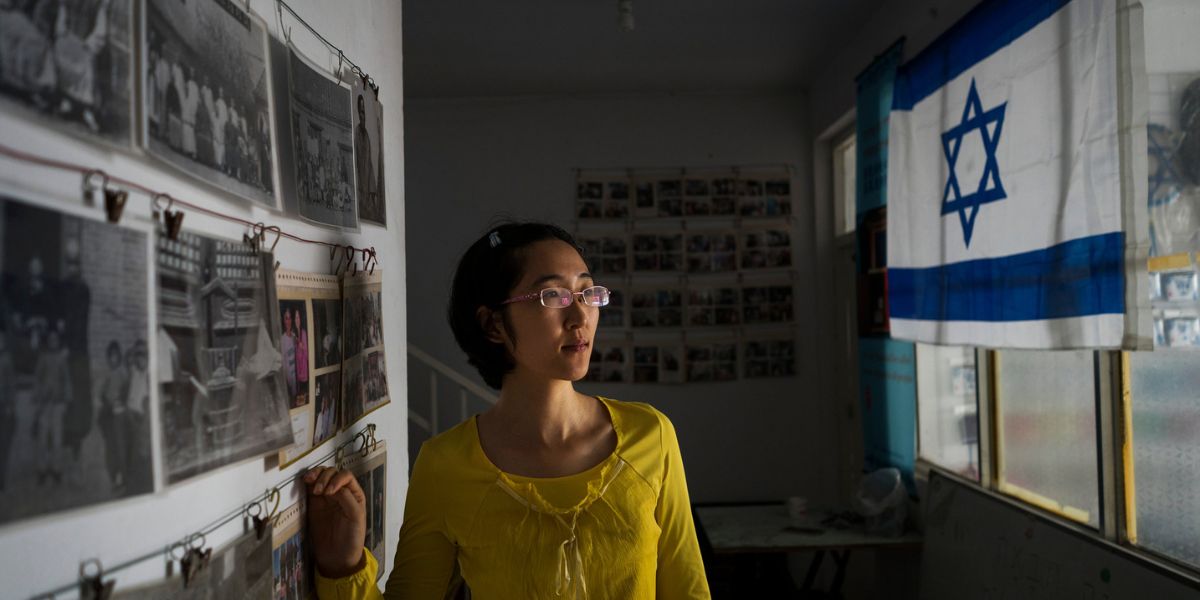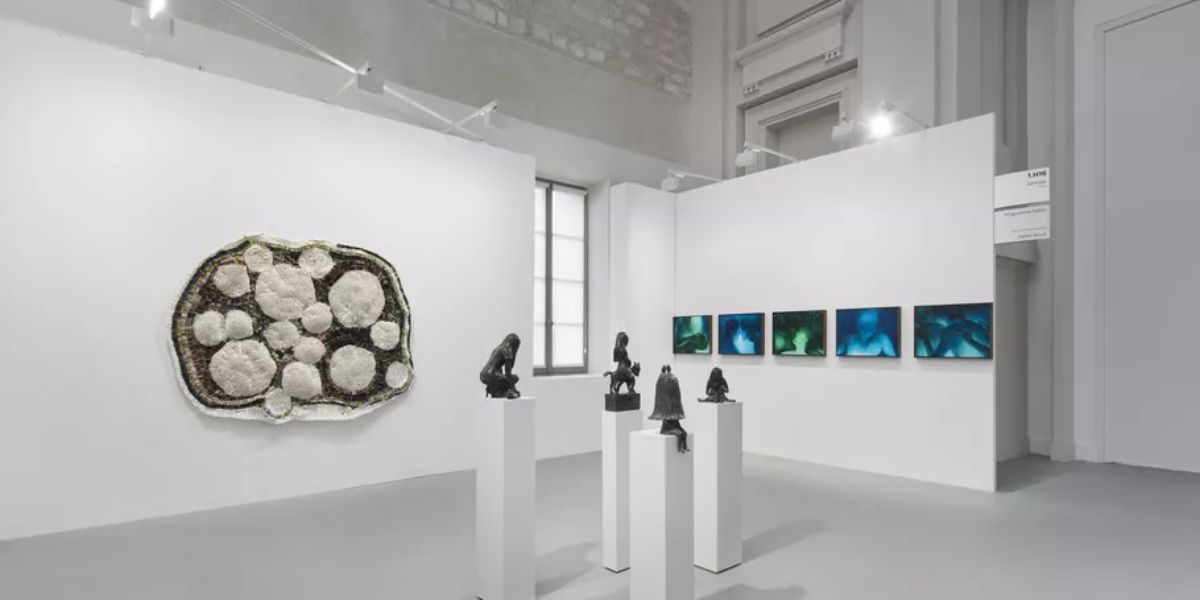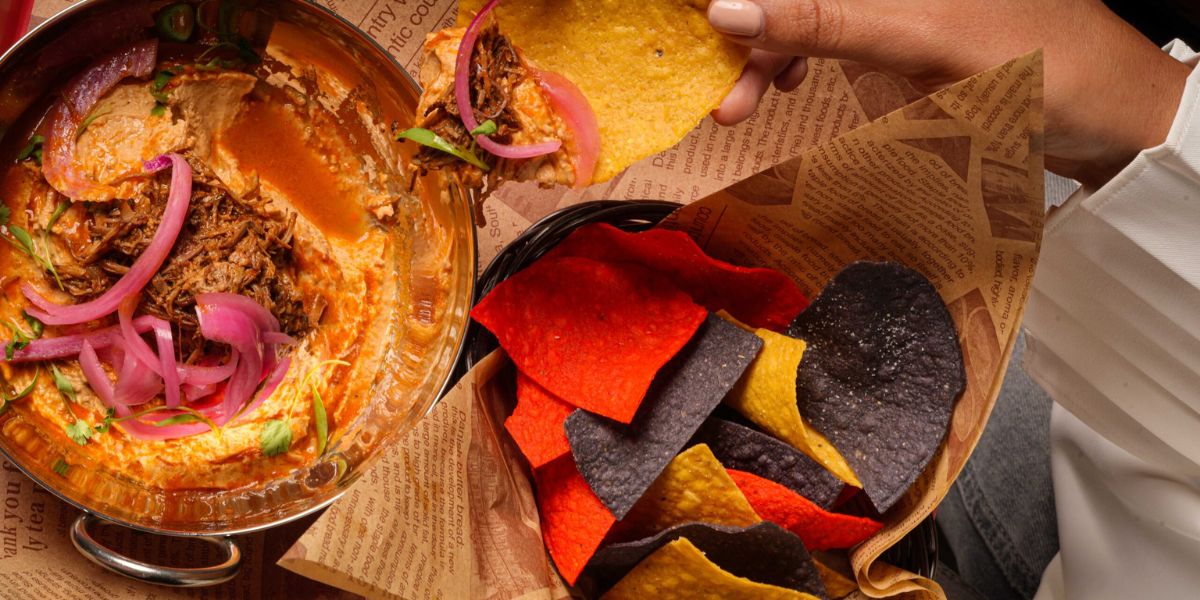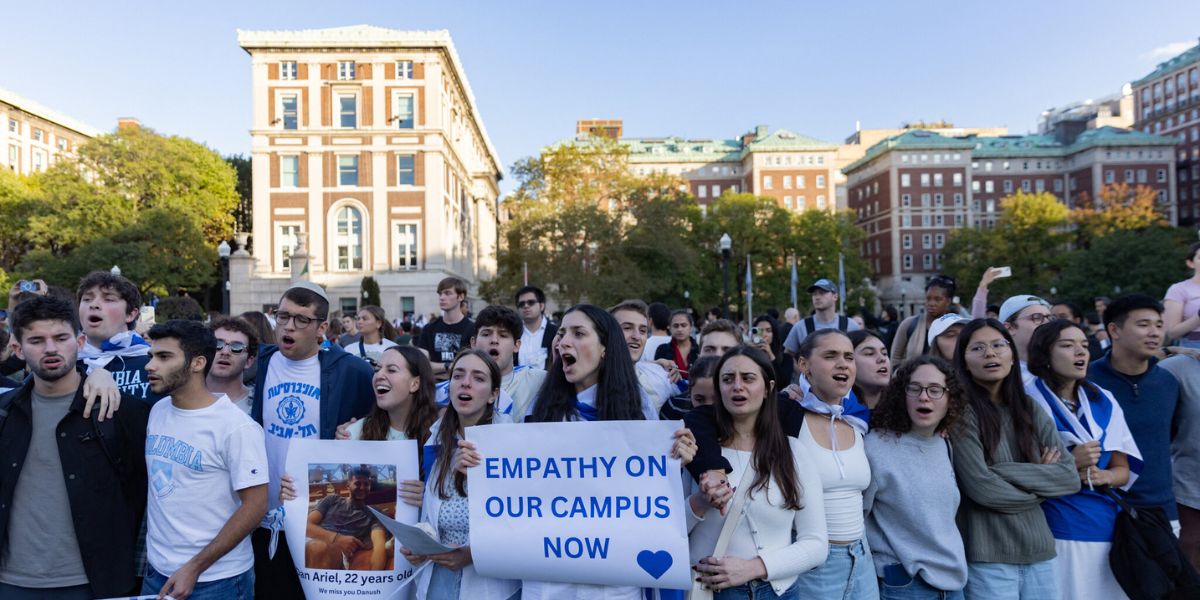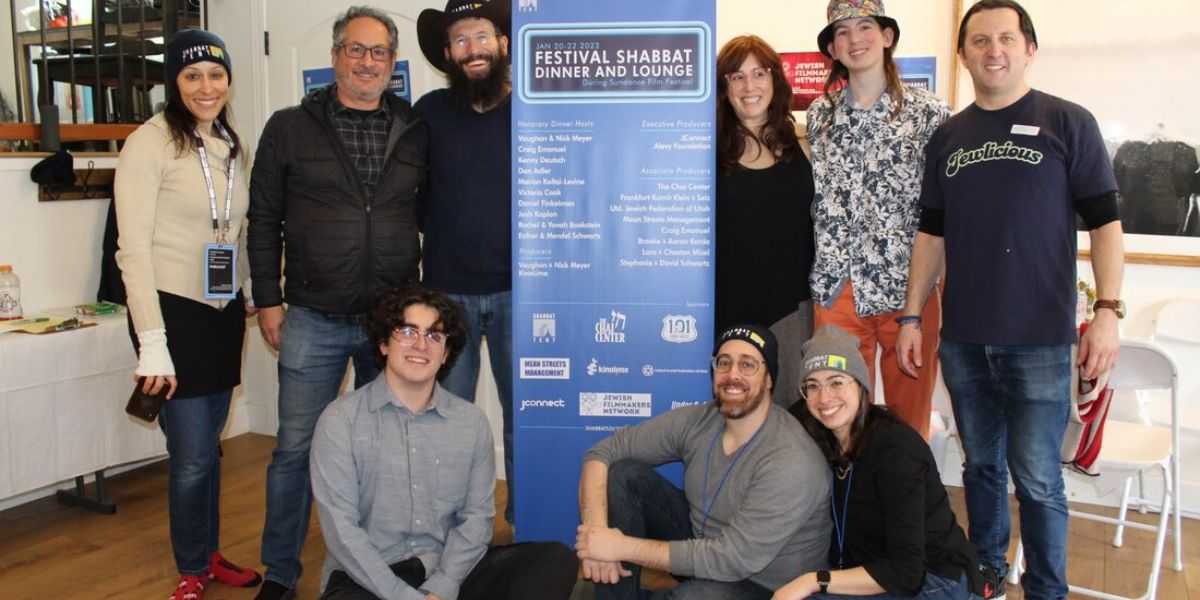For centuries, Jewish communities have existed in places most people would never expect — from Kaifeng in central China to Harbin and Shanghai in the north. Many of these families gradually lost their connection to Judaism through migration, assimilation, or political change. Yet today, a new movement is taking shape across China and other parts of Asia as descendants of these long-forgotten lineages begin tracing their roots and reconnecting with Jewish identity.
The story is both intimate and global. Some discoveries start with a family photo album tucked away in a grandparent’s home. Others begin online, with DNA testing platforms revealing unexpected ancestral ties to Jewish heritage. What unites them is a shared desire to rediscover identity, belonging, and continuity.
Table of Contents
The Kaifeng Community’s Enduring Legacy
Kaifeng, once home to a thriving Jewish population dating back to the 10th century, has become the symbol of this rediscovery. Historical records tell of merchants who settled along the Silk Road, establishing a synagogue and integrating into local society. Over time, however, the community’s visibility faded — until the 20th century, when international scholars began documenting Kaifeng’s descendants.
In recent years, several young people from Kaifeng have sought to reconnect with Jewish traditions. Some have studied Hebrew, celebrated holidays privately, and even travelled to Israel to learn more about their faith. Although China’s current regulations limit formal religious activity, the quiet persistence of these families keeps their heritage alive.
Global DNA Projects Uniting Families
The search for lineage no longer relies only on dusty archives. DNA testing and online genealogy platforms have transformed how people discover their ancestry. For example, international initiatives like JewishGen and FamilyTreeDNA now include growing databases of individuals from East Asia who trace partial Jewish descent.
These scientific tools have brought remarkable reunions — Chinese and Southeast Asian families finding genetic matches with descendants in Israel, the United States, and Europe. Researchers and rabbis involved in these efforts describe them as modern miracles, bridging centuries of separation.
“Every time a new family reconnects, it’s not just a personal discovery — it’s a piece of global history being restored,” says one genealogist working with the Jewish Diaspora Studies Institute.
Preserving Culture Beyond Religion
Not everyone tracing their lineage seeks religious observance. For many, the journey is cultural — an exploration of family identity and values. In Shanghai and Hong Kong, museums and archives have begun curating oral-history projects to record the voices of these rediscovered communities.
At the Shanghai Jewish Refugees Museum, descendants share stories of ancestors who sheltered European Jews during World War II. In Hong Kong, cultural centres host exhibitions connecting Jewish themes with Asian art traditions, such as calligraphy or ceramics inspired by the Star of David. These initiatives expand what it means to “reconnect,” showing that identity can evolve while honouring the past.
The Role of Education and Community Support
Educational outreach is vital to sustaining these efforts. Partnerships between Jewish heritage organisations and Asian universities are helping document genealogical materials and teach the public about Jewish contributions to regional history. Programs led by NGOs and synagogues in Asia often support young people exploring conversion or reconnection, offering language lessons, online mentorship, and cultural workshops.
Social media has also become a powerful connector. Groups on platforms like Facebook and WeChat now link hundreds of individuals across Asia who share similar family histories, exchanging stories and resources. These virtual communities serve as modern synagogues — places of learning, dialogue, and solidarity.
Looking Forward: Identity in the 21st Century
Reconnecting with lost Jewish lineages is more than a genealogical project; it’s a human story about continuity, resilience, and belonging. As globalisation reshapes identities, this revival across Asia offers a message of cultural renewal. Whether through faith, art, or shared history, each rediscovered lineage strengthens the diverse fabric of world Jewry.
The next generation of Asian Jews is not starting from zero — they are building on a legacy hidden for centuries, now illuminated through curiosity, technology, and courage.
Call to Action
Do you know of a family in Asia exploring their Jewish roots? Share their story or experience with us at jewishtimesasia.org — your insight could help reconnect another chapter of this living heritage.
Rediscovering Roots Across Generations
For centuries, Jewish communities have existed in places most people would never expect — from Kaifeng in central China to Harbin and Shanghai in the north. Many of these families gradually lost their connection to Judaism through migration, assimilation, or political change. Yet today, a new movement is taking shape across China and other parts of Asia as descendants of these long-forgotten lineages begin tracing their roots and reconnecting with Jewish identity.
The story is both intimate and global. Some discoveries start with a family photo album tucked away in a grandparent’s home. Others begin online, with DNA testing platforms revealing unexpected ancestral ties to Jewish heritage. What unites them is a shared desire to rediscover identity, belonging, and continuity.
The Kaifeng Community’s Enduring Legacy
Kaifeng, once home to a thriving Jewish population dating back to the 10th century, has become the symbol of this rediscovery. Historical records tell of merchants who settled along the Silk Road, establishing a synagogue and integrating into local society. Over time, however, the community’s visibility faded — until the 20th century, when international scholars began documenting Kaifeng’s descendants.
In recent years, several young people from Kaifeng have sought to reconnect with Jewish traditions. Some have studied Hebrew, celebrated holidays privately, and even travelled to Israel to learn more about their faith. Although China’s current regulations limit formal religious activity, the quiet persistence of these families keeps their heritage alive.
Global DNA Projects Uniting Families
The search for lineage no longer relies only on dusty archives. DNA testing and online genealogy platforms have transformed how people discover their ancestry. For example, international initiatives like JewishGen and FamilyTreeDNA now include growing databases of individuals from East Asia who trace partial Jewish descent.
These scientific tools have brought remarkable reunions — Chinese and Southeast Asian families finding genetic matches with descendants in Israel, the United States, and Europe. Researchers and rabbis involved in these efforts describe them as modern miracles, bridging centuries of separation.
“Every time a new family reconnects, it’s not just a personal discovery — it’s a piece of global history being restored,” says one genealogist working with the Jewish Diaspora Studies Institute.
Preserving Culture Beyond Religion
Not everyone tracing their lineage seeks religious observance. For many, the journey is cultural — an exploration of family identity and values. In Shanghai and Hong Kong, museums and archives have begun curating oral-history projects to record the voices of these rediscovered communities.
At the Shanghai Jewish Refugees Museum, descendants share stories of ancestors who sheltered European Jews during World War II. In Hong Kong, cultural centres host exhibitions connecting Jewish themes with Asian art traditions, such as calligraphy or ceramics inspired by the Star of David. These initiatives expand what it means to “reconnect,” showing that identity can evolve while honouring the past.
The Role of Education and Community Support
Educational outreach is vital to sustaining these efforts. Partnerships between Jewish heritage organisations and Asian universities are helping document genealogical materials and teach the public about Jewish contributions to regional history. Programs led by NGOs and synagogues in Asia often support young people exploring conversion or reconnection, offering language lessons, online mentorship, and cultural workshops.
Social media has also become a powerful connector. Groups on platforms like Facebook and WeChat now link hundreds of individuals across Asia who share similar family histories, exchanging stories and resources. These virtual communities serve as modern synagogues — places of learning, dialogue, and solidarity.
Looking Forward: Identity in the 21st Century
Reconnecting with lost Jewish lineages is more than a genealogical project; it’s a human story about continuity, resilience, and belonging. As globalisation reshapes identities, this revival across Asia offers a message of cultural renewal. Whether through faith, art, or shared history, each rediscovered lineage strengthens the diverse fabric of world Jewry.
The next generation of Asian Jews is not starting from zero — they are building on a legacy hidden for centuries, now illuminated through curiosity, technology, and courage.
Call to Action
Do you know of a family in Asia exploring their Jewish roots? Share their story or experience with us at jewishtimesasia.org — your insight could help reconnect another chapter of this living heritage.

